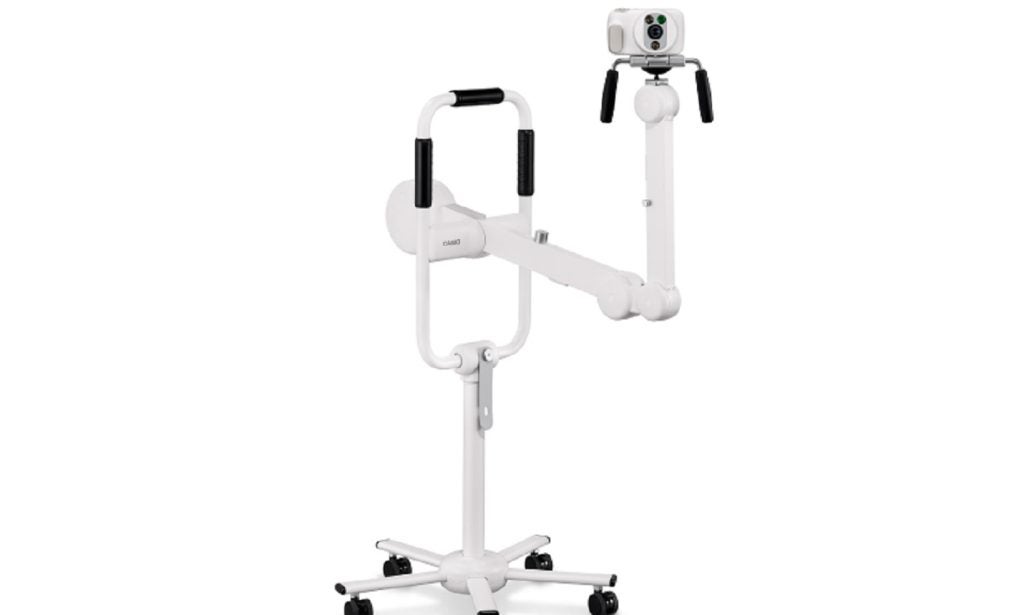French company Affluent Medical has completed the first successful implantation of its Artus device for the treatment of urinary incontinence.
Artus was developed to treat stress urinary incontinence in both men and women. It is implanted through a minimally invasive procedure where the silicone cuff is placed around the urinary canal. It can be operated by patients via a remote control that commands closure and opening of the cuff by electromechanical action.
The implantation procedure was done on a 68-year-old male with severe urinary incontinence in the Czech Republic. The implantation procedure lasted 80 minutes with device activation scheduled for six weeks post-implantation, pending full recovery and wound healing.
The procedure is part of a pilot study ‘Dry’ for the device. The trial aims to enrol ten men and is expected to be completed in H2 2024. Following the male pilot study, Affluent plans to ‘transition to the pivotal study to support market approval’ and start a trial in the female population. The company previously announced plans to recruit 70 patients for the pilot and pivotal phases of the trial for the Artus device across multiple centres in Europe.
“Artus is different from current devices in three essential ways. It is easy to implant. It is potentially safer for patients thanks to the ability to adjust the level of constraint, and therefore decrease the potential urethra’s erosion,” explained Professor Nicolas Barry Delongchamps.
“Additionally, the use of Artus can be personalised: The patient can choose among several modes according to his or her activity, and the doctor can adjust the degree of tightening according to each patient’s need and the progression of the pathology. Finally, the device is so much easier to use for patients, thanks to the remote control.”
Other bladder control devices in development to treat stress urinary incontinence include UroMems’ UroActive implant. The device is being evaluated in a first-in-human feasibility trial. The first female patient implanted with the device met the six-month primary endpoint in February.
Last month, Pelvital published positive trial data for its Flyte device to treat women with stress urinary incontinence and weakened pelvic floor muscles.
















